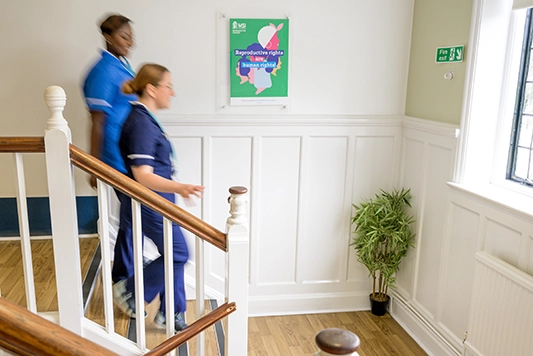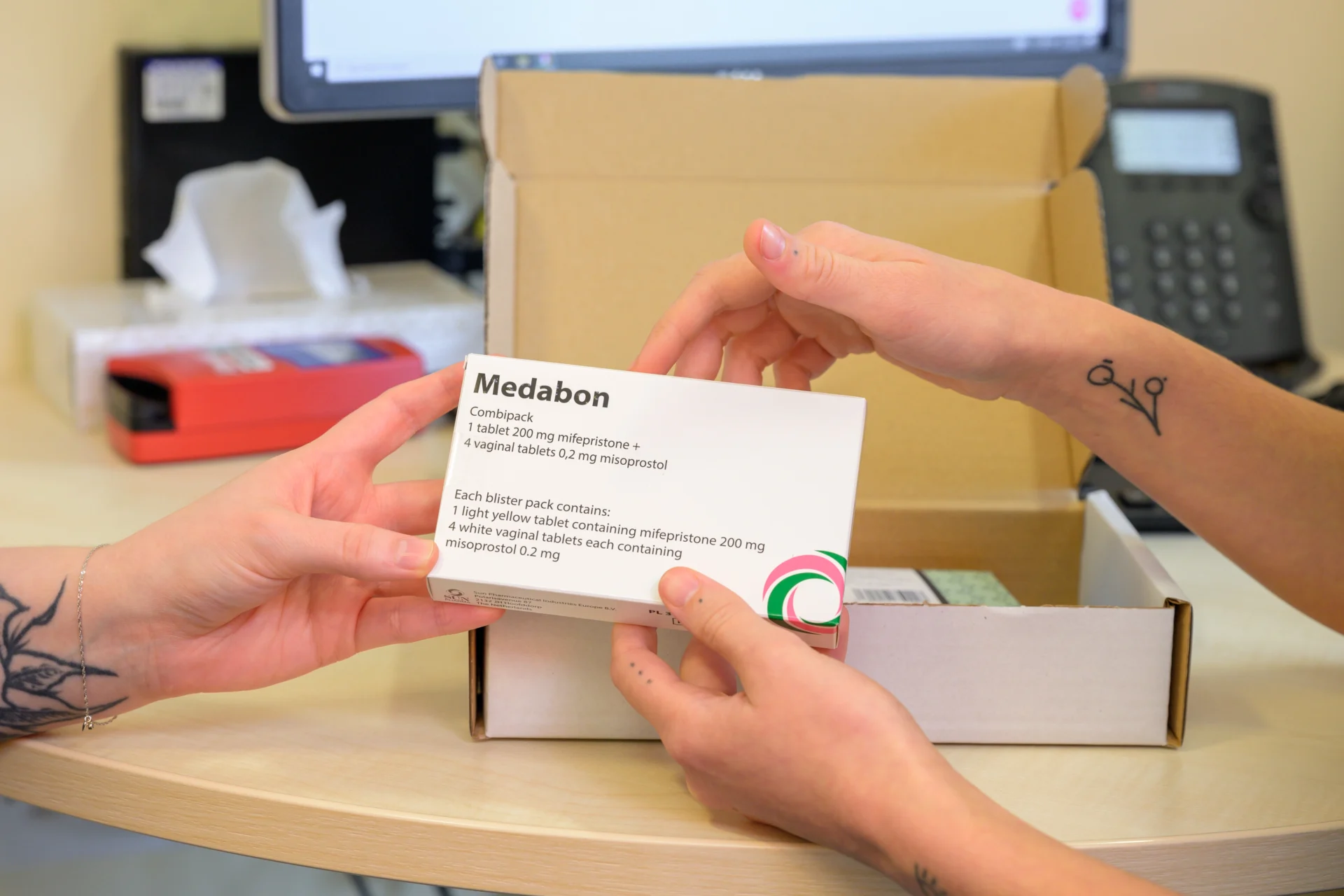2022 WHO Abortion Care Guideline: what it is, what it recommends and what we can learn
Last month, the World Health Organization (WHO) published their long awaited new Abortion Care Guideline, containing recommendations and best practice statements relating to abortion. In this blog, we take a look at the guideline, focusing on five key recommendations and considering what we can learn about abortion care going forward.
What is the WHO Abortion Care Guideline?
On 9th March 2022, the World Health Organization published an updated abortion care guideline, presenting a complete set of all WHO recommendations that aim to enable evidence-based decision-making with respect to quality abortion care. This guideline replaces the WHO’s last version, which was issued in 2012.
Based on scientific and programmatic evidence, the latest guideline presents over 50 recommendations across clinical practice, health service delivery, and legal and policy interventions to expand access to quality abortion care, including endorsing the use of telemedicine for early medical abortion.
In addition to providing clinical and service delivery recommendations that aim to protect the health of women and pregnant people accessing abortion care around the world, this guideline further recommends the removal of medically unnecessary policy barriers to abortion. This recommendation reflects the overwhelming evidence, needs and solutions from providers and from those accessing abortion services, worldwide.
As Dr Dhammika Perera – MSI Reproductive Choices’ Global Medical Director – said: “as one of the world’s leading providers of abortion care, we were proud to contribute our clinical and programmatic evidence to the WHO’s new guideline on abortion care, which if implemented would transform access, save thousands of lives and give millions of women and girls control over their bodies and their futures.”
Read MSI Reproductive Choices’ full statement on the latest guideline here: MSI Reproductive Choices welcomes the launch of WHO’s new Abortion Care Guideline
What does the WHO Abortion Care Guideline recommend?
Included in the over 50 recommendations set out in the guideline, the WHO has this year recommended:
- Ensuring access to medical abortion pills, allowing more women and pregnant people to access safe abortion services.
The latest ONS statistics abortion statistics for England and Wales showed that medical abortion accounted for 85% of abortions in 2020, compared with 73% in 2019. Alongside this, 88% of abortions were carried out under 10 weeks gestation (comparing to 82% in 2019), meaning that people were able to access care earlier in their pregnancy (which improves safety).
- Making sure that information around abortion care is available, accessible, and accurate.
- Providing the choice to start a chosen method of contraception following an abortion.
Following an abortion, clients are able to get pregnant again almost immediately. Following the WHO guideline, we will always offer our clients a range of contraceptive methods following their abortion treatment with MSI – and be there to advise and talk through all of their options.
- Providing the option of telemedicine (at-home early medical abortion) as an alternative to in-person interactions with a health worker, to deliver medical abortion services in whole or in part.
What we can learn from the new WHO Abortion Care Guideline: the importance of abortion telemedicine
The latest WHO Abortion Care Guideline includes recommendations for use of telemedicine.
In March 2020, the UK Government approved temporary measures to enable women and pregnant people to take both pills for early medical abortion (EMA) at home via telemedicine. Before this, only the second pill could be taken at home.
Since its introduction, telemedicine has revolutionised abortion care, allowing women and pregnant people to access care in the way that is right for them. Studies have demonstrated that telemedicine is a safe, effective and often preferred method for many, with two thirds of women in the UK stating that they would choose telemedicine again if COVID-19 were not longer an issue. In addition, the largest ever study of abortion care found that telemedicine has provided a safe, effective and more accessible service.
On 30th March 2022, the House of Commons voted to keep the option of at-home early medical abortion care (telemedicine). Following a vote of 215 – 188 and moving speeches in support of telemedicine from various MPs, telemedicine will now be made a permanent option for those accessing early medical abortion care in England.
As Louise McCudden – Advocacy and Public Affairs Advisor at MSI UK – said, “this was a vote for evidence over ideology, a vote for reproductive rights, and a vote for gender equality.
Everyone chooses abortion for different reasons and under different circumstances. It is important that we can offer options that take into account personal circumstances – and that includes taking both pills at home.
“Trusting people to make these choices for themselves is a vital part of how MSI delivers high quality, responsive care for anyone who needs us.”
Useful links
To read more on the latest WHO Abortion Care Guideline, click on the links below:
- WHO Abortion Care Guideline
- WHO issues new guidelines on abortion to help countries deliver lifesaving care
To read more on the latest news that telemedicine has been made permanent in England, read our full statement here: MSI Reproductive Choices UK comment on UK Government vote to keep the option of early medical abortion at home











































